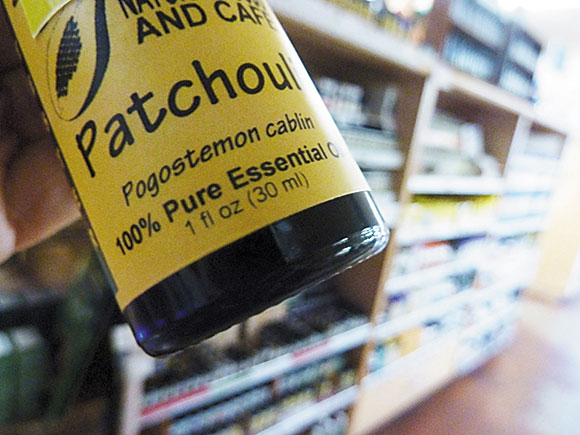Embracing The Human Urge To Hug
Hugging stimulates nerve endings that send calming messages to the brain. Something good to do, right?
Not always.
For example, if I’m walking around town and a man of an alternative lifestyle who smells like he just fell into a vat of that musky, earthy patchouli oil asks for a hug, I would respectfully decline. If he persists and asks why not, I would loudly and as clearly as humanly possible tell him that while I would love to hug him, his perfume is offensive. It would be my civic duty to speak up.
If he gets upset and claims the oil is “au naturel” and that its essence actually supports general health and releases negative emotions, I would partly agree, saying that it truly does release my negativity. Then I would argue vehemently that such a high concentration would not be the naturally occurring potency released from the shrub from which the essence was decocted. Just for good measure, I would interject that the smell is so strong, it could be an excellent pesticide.
He would walk off in a huff and I would go home, Google the oil to find that, yes indeed, it is sometimes used to ward off the Formosan subterranean termite. I would rest my case and be proud for resisting the hug and not smelling like insect repellent for the next two weeks.
But the truth of the matter is, it was a precious hug that was lost. Hugging is valuable, like striking gold — a nice surprise and an enriching experience.
For example, there is the passionate hug with the significant other, which is irrefutably the highest form because, as far as you’re concerned, nothing else seems to exist at that point. Everything is all good, even though he might rub you the wrong way occasionally, or she complains too much.
There is the compassionate hug, usually the woman-towoman one, that says, “Life’s tough just because we say it is,” “I understand you completely,” “You’re not alone,” “I got your back no matter what” and “You go, girl.”
There is the macho hug between guys that is as swift and unexpected as a near-miss airplane encounter because if it isn’t, then well, it wouldn’t be a macho hug. It happens after he scores a big one in one of those very physically aggressive games that still exist today, for some inexplicable reason, when he bumps another’s bulging chest and lifts him off the ground in a testosterone- fueled moment of joy. Macho, for sure.
There is the occasional catch-all hug for courtesy, congratulations or sympathy, because we’re all in this together and we empathize with and respect each other.
Finally, there is the unconditional hug you give to your children, grandchildren, family or like-kind members, and man’s best friend. You’re stuck with them forever, whether you like it or not, so this is where you rise above yourself for once, keeping your ego, pride and other do-good and feelgood expectations reserved for other hugs.
With all the good that surrounds the idea of hugging, I felt bad that I missed the opportunity with patchouli man. When I saw him again a few days later, he was not only still peeved but was still intent on keeping the mosquitoes at bay. I apologized for hurting his feelings, and as a compromise, held his hands. We instantly became good friends.
Yes, hugging is not always appropriate … but its essence is.
janeesaki@gmail.com




